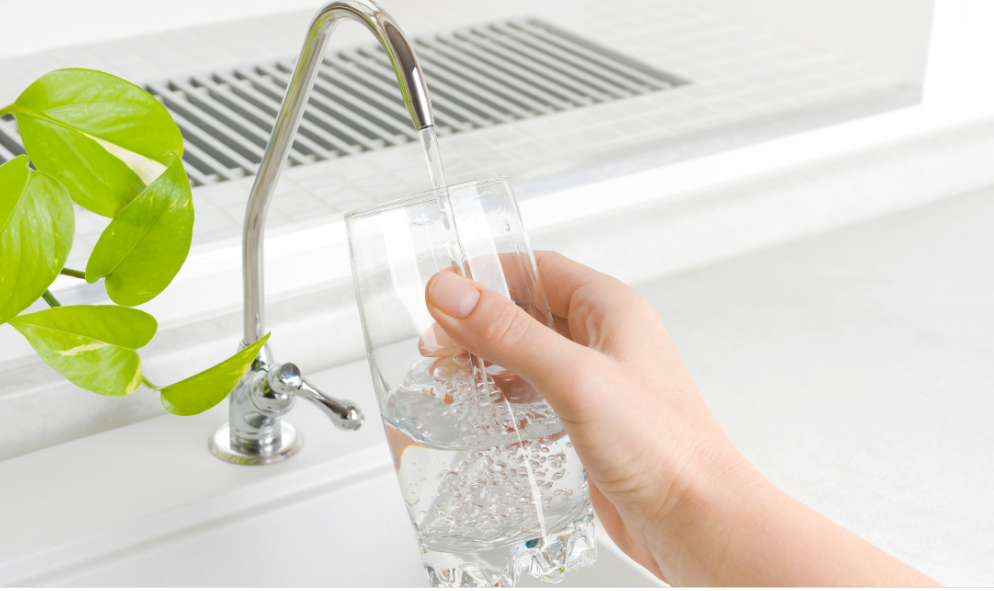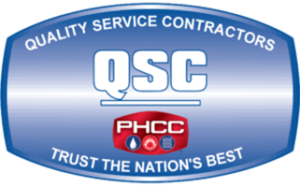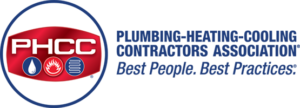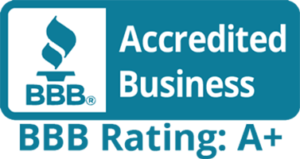Water quality is a critical aspect of maintaining a healthy and comfortable living environment. As we delve into March, let’s explore the importance of understanding and improving the quality of water in your home.
- Know Your Water Source: Understanding where your water comes from is the first step in assessing its quality. Whether you rely on municipal water supplies or private wells, each source may have unique characteristics and potential contaminants that can affect water quality.
- Test Your Water Regularly: Regular water testing is essential for identifying any potential contaminants or issues with your water supply. Consider testing for common contaminants such as lead, bacteria, nitrates, and other pollutants that may impact the safety and taste of your water.
- Address Hard Water Issues: Hard water, characterized by high levels of minerals such as calcium and magnesium, can lead to limescale buildup in pipes, appliances, and fixtures. Consider installing a water softener to reduce the effects of hard water and extend the lifespan of your plumbing system.
- Install Water Filtration Systems: Water filtration systems are an effective way to improve the taste, odor, and overall quality of your drinking water. From simple faucet-mounted filters to whole-house filtration systems, there are various options available to suit your specific needs and preferences.
- Consider Water Purification: In addition to filtration, water purification systems can provide an extra layer of protection against contaminants and impurities in your water supply. Options such as reverse osmosis systems and ultraviolet (UV) disinfection can help ensure that your water is safe and clean for consumption.
- Maintain Your Plumbing Infrastructure: Regular maintenance of your plumbing infrastructure is crucial for preserving water quality and preventing potential issues such as leaks, corrosion, and contamination. Schedule routine inspections and repairs to address any plumbing problems promptly.
- Educate Yourself: Stay informed about local water quality issues, regulations, and resources available to help you maintain and improve the quality of your water. Your local health department or water utility can provide valuable information and guidance on water testing, treatment options, and conservation efforts.
By prioritizing water quality and taking proactive measures to address any concerns, you can ensure that your home’s water supply remains safe, clean, and reliable for you and your family. Remember, investing in water quality improvements is an investment in your health and well-being.
Stay tuned for more insights and tips from Clarksburg Plumbing as we continue to explore topics related to plumbing, water quality, and home maintenance. Until next time, stay hydrated and informed! If you need any assistance with water quality – scheduled your service today 301-972-2223









